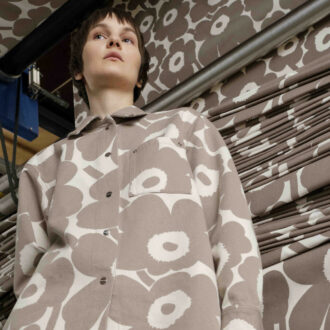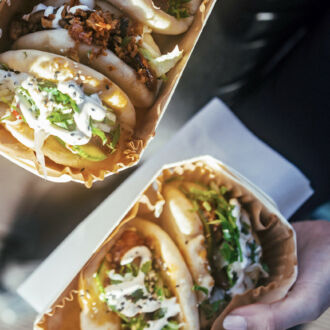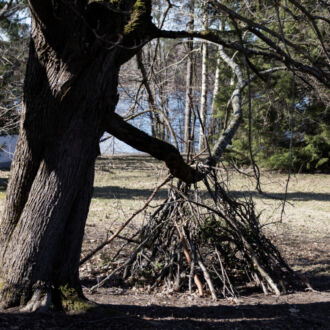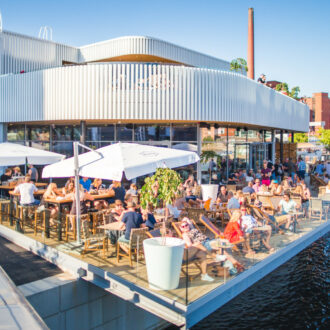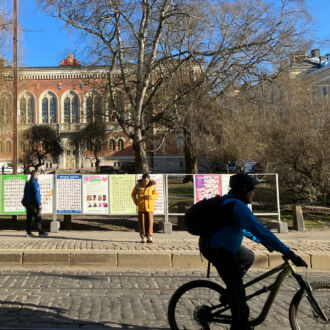Concern for a sustainable future is embedded in the operations of Fiksuruoka (“smart food”), which deals in surplus food, and Restaurant Natura, which features ingredients sourced from its own farm and from foraging.
They are in good company. Music festivals in Finland have thoroughly demonstrated that consumers place value on lowering environmental impact in food choices and operational details.
Finnish retailer Fiksuruoka, initially launched in a garage, is at the forefront of the surplus food movement. What began as a local initiative grew into a nationwide success and now operates under the Foodello brand in other European markets. The mission remains unchanged: to make reducing food waste easy for everyone.
Save food, save money
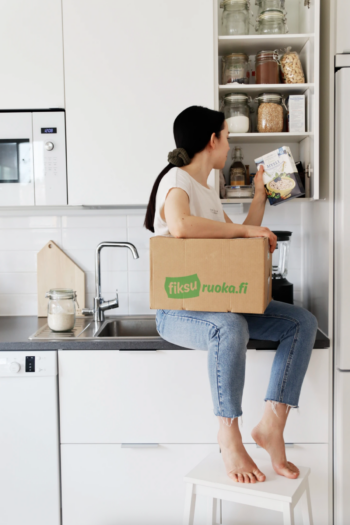
Fiksuruoka aims to make it easier for consumers to reduce food waste while saving money.Photo: Fiksuruoka
“Finland still discards about 641 million kilos [1.4 billion pounds] of groceries each year,” says Sami Törmä, head of global marketing at Fiksuruoka, citing data from the Natural Resources Institute of Finland. “Households are responsible for the biggest slice with 46 percent, but industry, food service and retail also contribute significantly.”
Fiksuruoka is tackling this issue head-on. Its online shop delivers surplus dry goods, snacks and pantry staples across the country at discounted prices, allowing people to reduce waste while saving money.
“Our proudest achievement is rescuing more than 18 million kilos [40 million pounds] of food to date,” Törmä says. “That’s the cumulative figure, which translates into preventing over 46 million kilos of CO2-equivalent emissions.”
For context, that’s roughly the amount that would be emitted by driving a car more than 300 million kilometres (185 million miles), consuming 23 million litres (six million gallons) of gasoline.
Smart choices
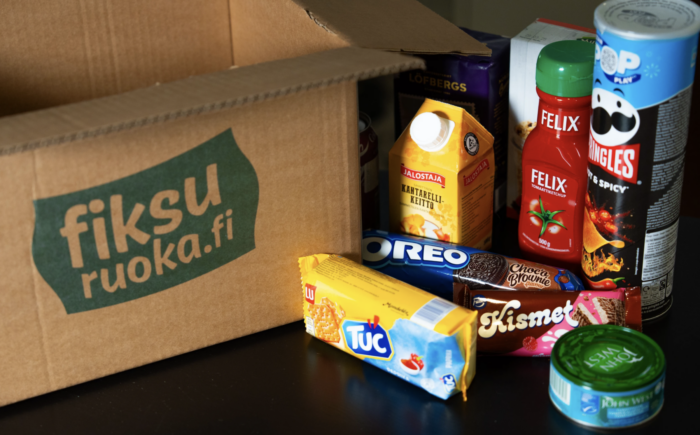
By Fiksuruoka’s own estimates, it has saved millions of kilograms of food from going to waste.Photo: Fiksuruoka
One challenge Fiksuruoka faces is the confusion between best-before and use-by dates. “Many people think we sell expired goods,” Törmä says. However, the vast majority of products on the site have weeks left until their best-before dates, often due to seasonal changes, packaging updates, overproduction or printing errors.
But the solution isn’t just buying discounted surplus food. It’s also about using what you already have before it goes bad. Törmä encourages consumers to creatively manage their fridges to make reducing food waste easier. “Snap a photo of what’s in your fridge, upload it to an AI tool and ask, What can I make with this?” he says. “It’s a great way to cut waste and cook smarter.”
For the Fiksuruoka team, the ultimate definition of success would be going out of business, because that would mean the problem of food waste had been solved.
Greens, goals and gourmet dreams
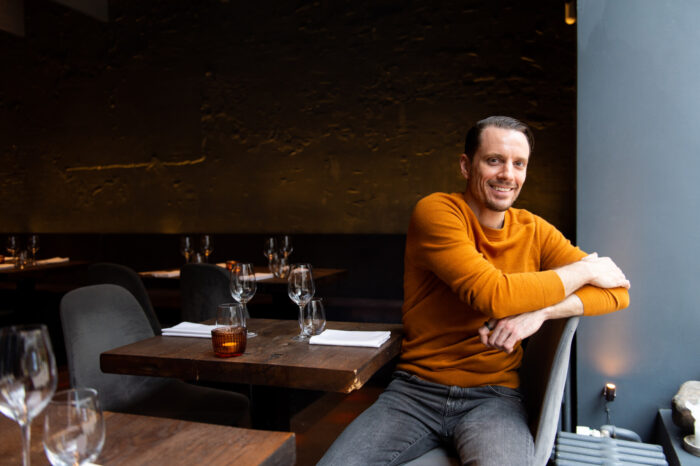
Chef David Alberti of Restaurant Natura spent years building the basis for a restaurant that values both quality and responsibility. Photo: Emilia Kangasluoma
While Fiksuruoka scales up sustainable habits for everyday shoppers, Restaurant Natura in Helsinki brings a similar ethos to fine dining – rooted in hands-on farming, foraging and a clear sustainability strategy. Its founder, chef David Alberti, spent years honing his craft and building the basis for a restaurant that values both quality and responsibility.
“We did five years of work before opening Natura,” says Alberti. His own journey included knocking on Gordon Ramsay’s door in person to request a job, an unconventional but successful move. “I wanted to learn from the best, and I knew he was one of the best, even if difficult to work with,” Alberti says with a laugh.
Natura is built on the belief that sustainability and quality go hand in hand. Many of the restaurant’s vegetables come from its own farm just ten kilometres outside Helsinki – a project that began with Alberti’s search for monk’s cress, a vitamin-rich, edible flower often used in salads. “It’s tough to find monk’s cress anywhere, and it’s also expensive, so I decided to cultivate it myself,” he says.
Everyday sustainability
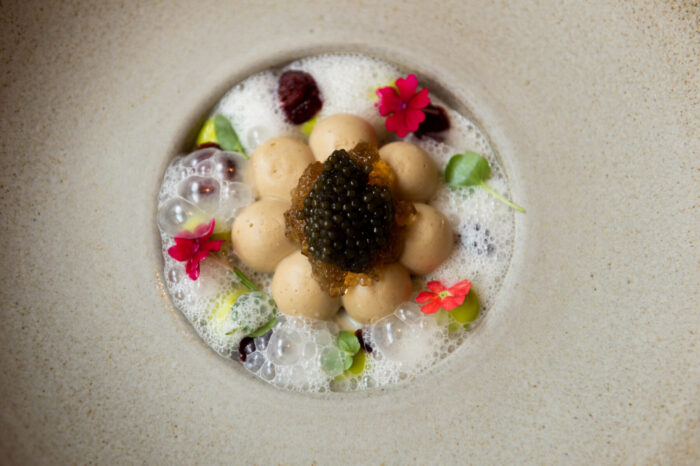
The cuisine at Restaurant Natura is sourced from local foraging and small, organic producers.Photo: Emilia Kangasluoma
Natura’s herbs and berries are foraged within a 50-kilometre (30-mile) radius of the restaurant, and the team only works with small, organic, family-run businesses they have personally visited. Natura’s commitment to sustainable gastronomy earned it a Michelin Green Star in 2022.
At Natura, sustainability is not an afterthought, but rather a structured part of daily operations. According to Alberti, the restaurant’s public sustainability report helps guide practices such as energy recycling, waste reduction and ethical sourcing.
Principles are easier to follow when clearly defined. The report includes 11 “commandments” that set out operational guidelines such as “Explore plant-based options” and “Source fish and seafood sustainably.”
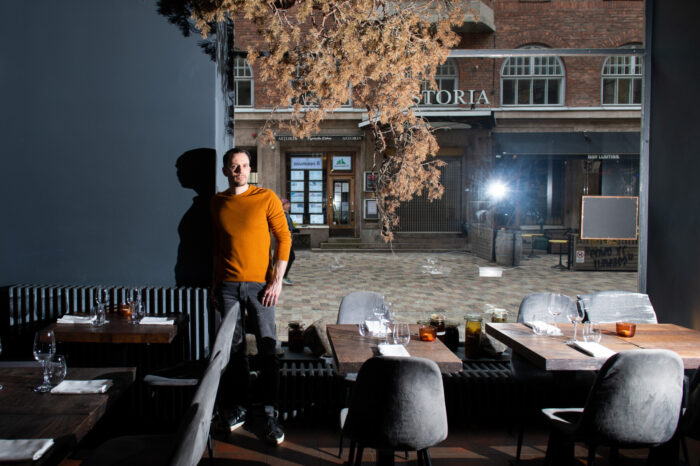
Restaurant Natura’s commitment to sustainable gastronomy has earned it a Michelin Green Star.Photo: Emilia Kangasluoma
Alberti also emphasises keeping prices fair so more people can eat out in a sustainable way. “People need to be able to afford to go out to eat,” he says. That’s one way to ensure that sustainable choices such as those Natura espouses form part of everyday food culture.
By Carina Chela, June 2025
